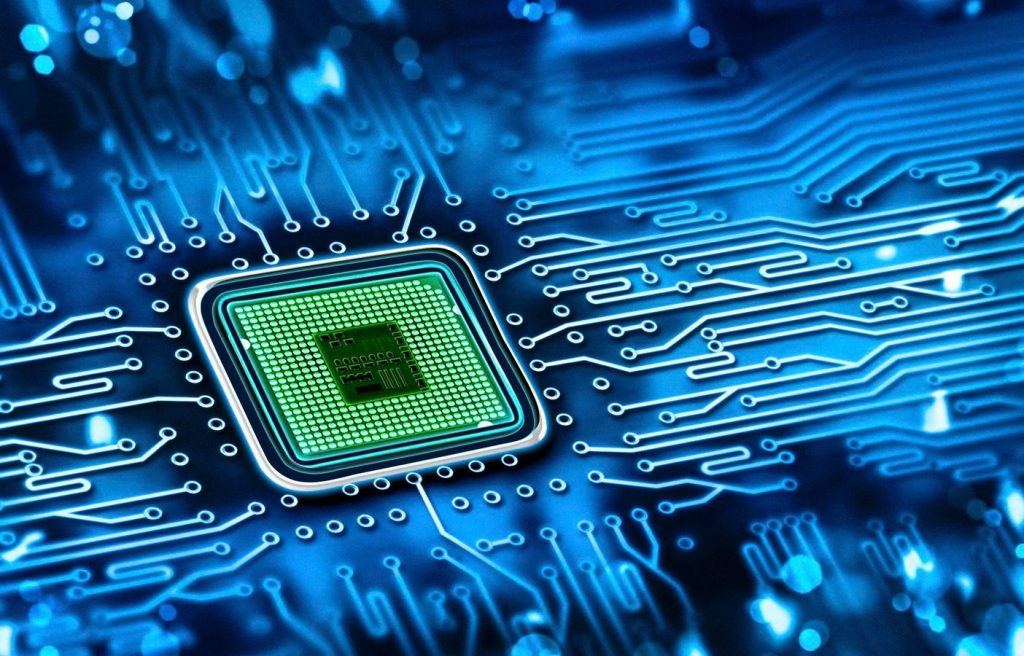The battle for dominance in the AI PC market is heating up, with major players like Microsoft and Qualcomm vying to define what makes an AI PC. The key component in this battle is the Neural Processing Unit (NPU), a specialized accelerator for AI workloads that is more power-efficient than traditional CPUs and GPUs. NPUs can perform AI tasks quickly and efficiently, making them essential for sustainable growth in the AI industry.
The evolution of NPUs has been a long and winding road, with companies like Xilinx, Qualcomm, and Intel repurposing existing technologies like digital signal processors for AI acceleration. Qualcomm, in particular, has made significant investments in its NPU technology, with the Hexagon NPU now boasting 45 TOPS of AI performance. Intel and AMD are also entering the NPU landscape with their own offerings, but the performance capabilities of these NPUs still need to be fully understood and compared.
As more applications shift from the cloud to hybrid models, there will be a greater need for local NPUs to offload AI functions from the cloud. This shift will also lead to increased demand for higher levels of security, with some applications dependent on local compute for data privacy reasons. Security applications, in particular, are expected to be a key area for local AI compute due to their resource-intensive nature.
The race for NPU dominance is only just beginning, with Qualcomm, AMD, and Intel all vying to deliver high levels of NPU performance in their upcoming processors. Microsoft has put a requirement on its silicon vendor partners to deliver at least 40 TOPS of NPU AI performance for running Copilot locally. Developers will benefit from low-level APIs and frameworks to help optimize their applications for NPUs, but each chip vendor may also offer their own set of tools to maximize NPU performance and power savings.
Overall, the NPU is quickly becoming the focal point for the AI PC market, as companies look for ways to address the costs and latency associated with cloud-based AI computing. The shift towards on-device AI is expected to accelerate, starting with hybrid applications and eventually moving towards mostly on-device computing. While the importance of the NPU may vary across platforms initially, having a powerful NPU will be essential for delivering the best AI PC experiences. The battle for the AI PC is expected to continue well into 2025 as more chip vendors and OEMs adopt faster and more capable NPUs.













